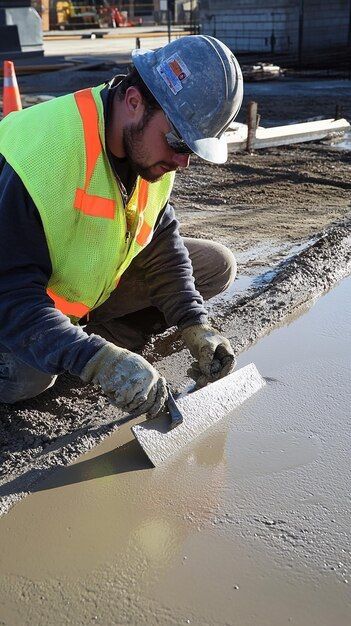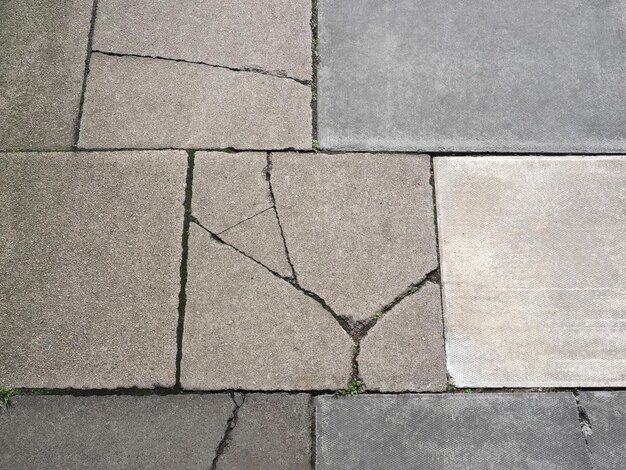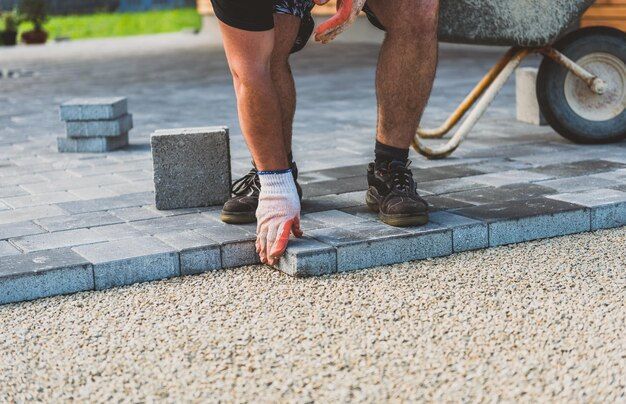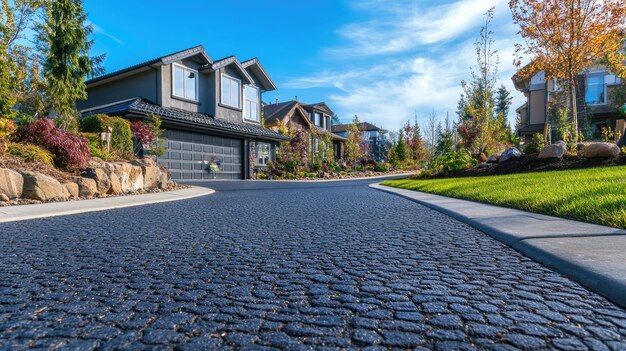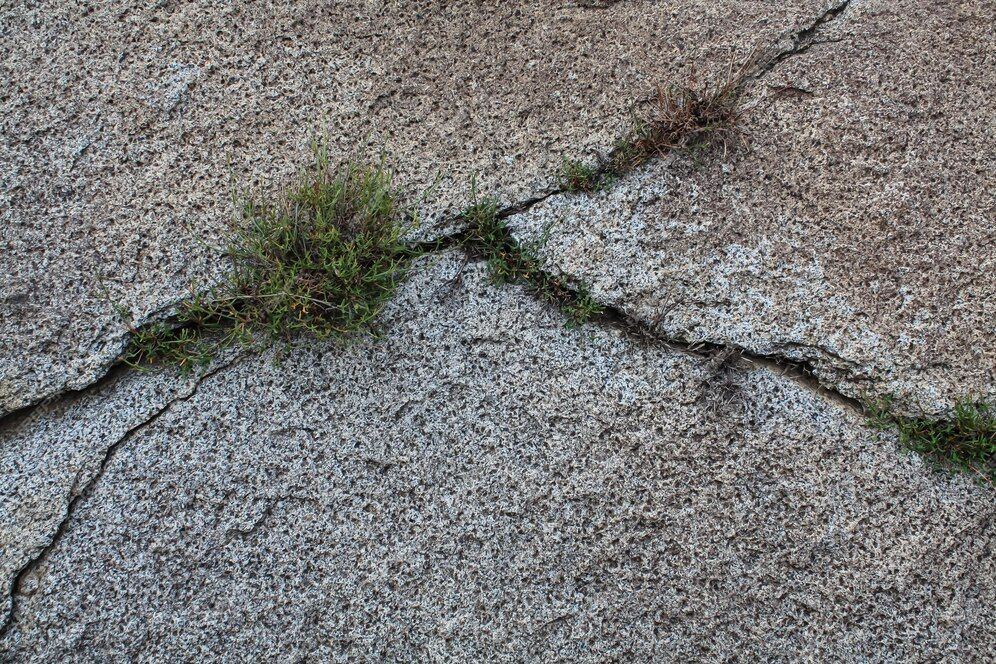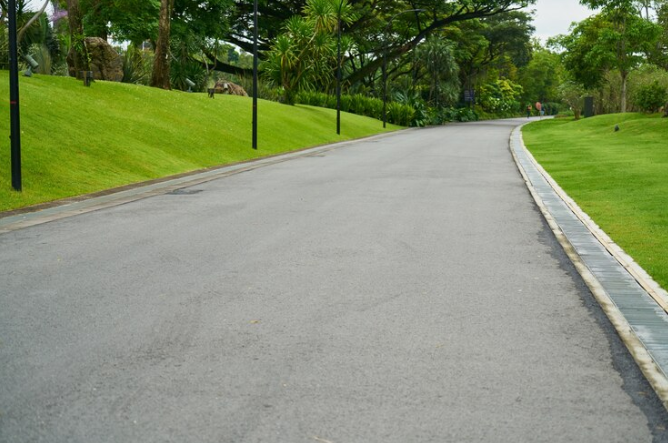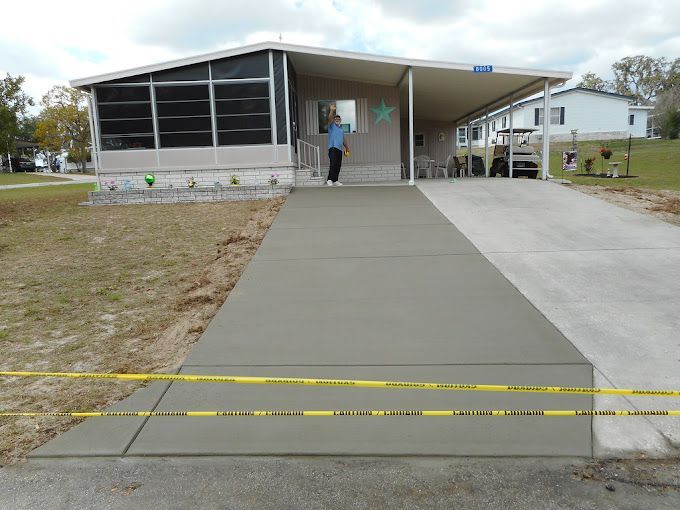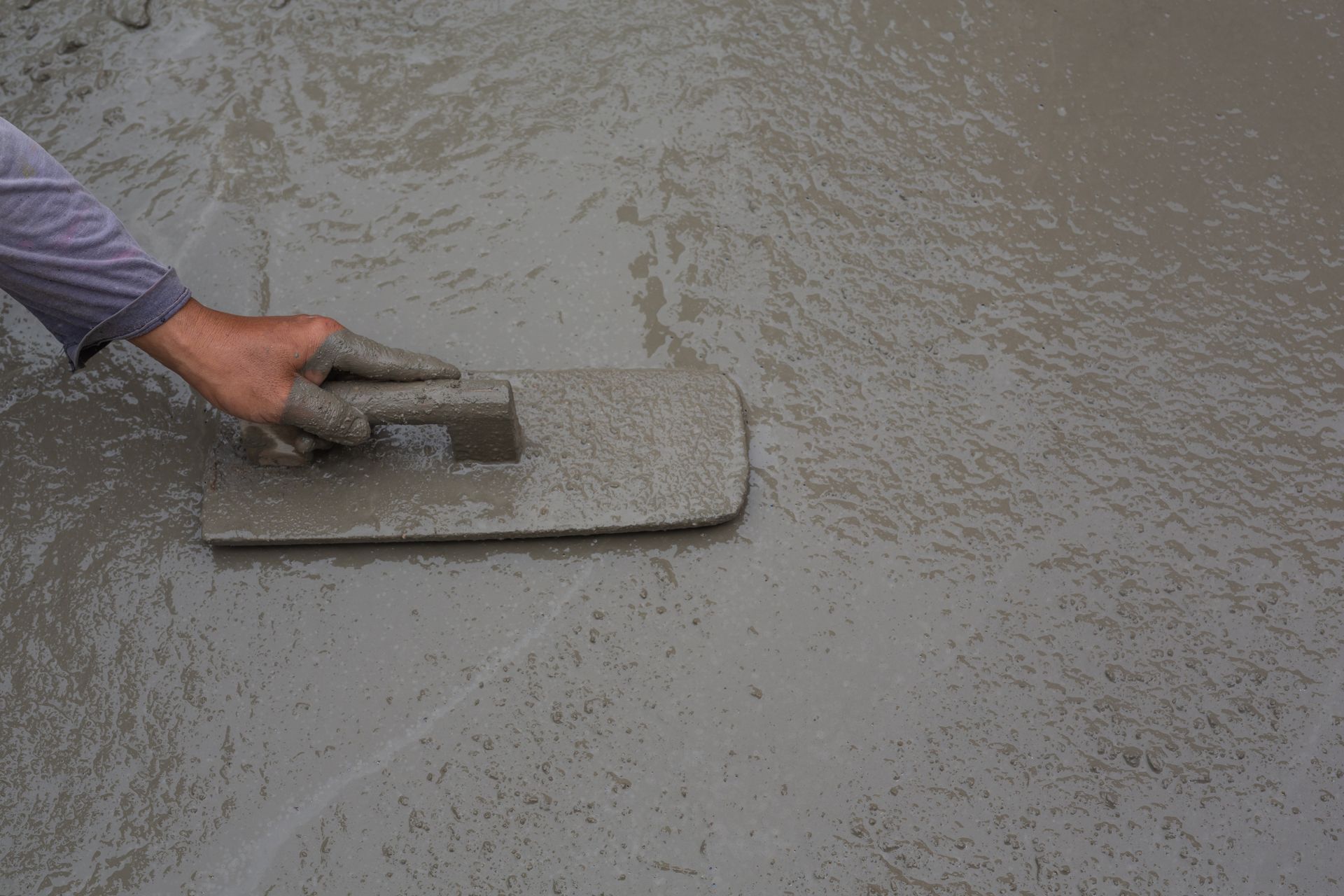Denver Concrete Driveway Pros
CALL US NOW 720-650-8355
Weatherproofing Your Denver Concrete Driveway: Tips for Durability
Have you ever stood across your concrete driveway bracing against some of Denver’s wild weather moments, watching as it slowly wears down your pavement? Don’t worry, if you’re reading this, then you don’t have to wait for it to reach that extent.
Weatherproofing your driveway not only protects it from damaging weather but also maintains its appearance and lengthens its service life. No matter the
type of
concrete trends you have set for your pavement, another factor you have to consider is the strength and longevity of your driveway.
Here are a few tips on how to boost your driveway’s durability and weather resistance while extending its service life at the same time :
1. Make sure water flows off and does not sit.
Building your driveway at an angle slight enough to allow water to flow down from it can help avoid the risk of water from rain or melted snow pooling on the pavement. When liquid sits too long on its surface it gets absorbed into the cracks and displaces the concrete, causing the growth of weeds and also the wearing down of your driveway when in use.
Installing stormwater drainage systems for this is not only highly recommended by professionals but also because by doing so, you avoid water and residue from flowing down to sensitive areas that have higher chances of
concrete degradation and concrete erosion.
2. Avoid using salt for snow
One of the weathers Denver experiences throughout the year is snow, and though it might be common practice to use salt in melting them off your driveway, it can do more harm than good. Salt tends to seep into your pavement, causing the concrete to deteriorate and form cracks in many places.
Which is why when winter arrives at your driveway, brushing off or shoveling the snow (using rubber-coated tools instead of metal) over the use of salt gives your driveway a better chance of lasting longer.
3. Fix cracks right away
Cracks are always bound to happen. Because of the varying weather temperatures, your driveway will expand and contract whether you like it or not, causing small cracks to appear in time. But although subtle, these tiny cracks are enough to allow water to seep inside and cause damage to your pavement.
Checking for cracks in your driveway throughout the year and getting them repaired can minimize its potential of getting worse, one of them being weeds growing through the cracks and lowering its overall appeal.
4. Tree Root Barriers
Trees are a wonderful extension to the property, by being not only an accent but also an addition that can help reduce energy consumption. However, having trees in your front yard can have its disadvantages, one of them being the expanding root system underground that can dislodge the foundation of your driveway, resulting in bumps, underground damages, and deep cracks that can be a pain to seal.
Installing tree root barriers can avoid this problem by controlling the growth of the roots and therefore preserving your driveway and foundation as well.
5. Park Your Car in the Center of Your Driveway
Running heavy loads over your driveway can create strains on the concrete. Because this area of your property is active and often used especially by your car, wearing down can be inevitable. When constructing your concrete driveway, the center is typically the thickest section therefore it is recommended that when parking your vehicle, it be done in the center to better carry its weight than the less denser edges.
Although you can always ask your contractors to equalize the thickness of your driveway to avoid having these weaker points, a good option for driveways that are expected to house more than one vehicle.
6. Sealing
The literal topping to the cake of making sure your driveway gets the durability boost it needs.
Using a sealant for your driveway protects the concrete especially during winter and rainy months by filling in the pores and blocking water and melted snow from seeping inside to cause damage and cracks over time.
And it’s not just rain and snow, UVA radiation can play a part in damaging your concrete in the long run because just like the effects they have on skin, they can also cause your driveway to get sunburnt as well. Radiation can break down the bonds between the materials in concrete which can cause deterioration, so a UV-blocking sealant is recommended for these hot temperatures every few years to keep your driveway in tip-top shape.
Although concrete is already a durable material by itself, properly adding a sealant and following the tips listed in this guide can do wonders in weatherproofing your pavement that’s why choosing the right concrete contractor who can help guide you through these tips can greatly influence its outcome, from maintaining its quality, improving its durability, and therefore extending the service life of your driveway.
Contact Us
